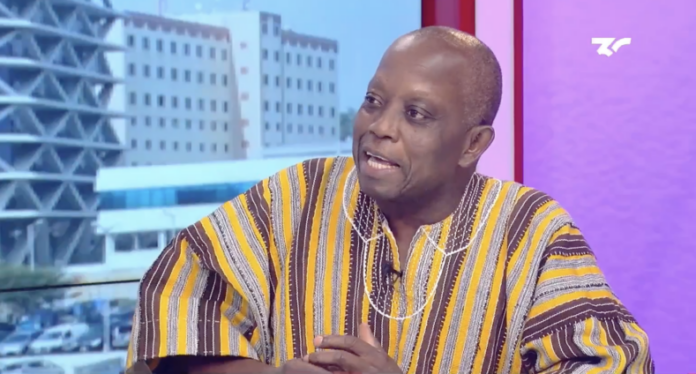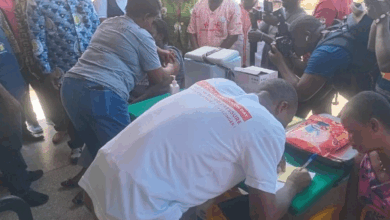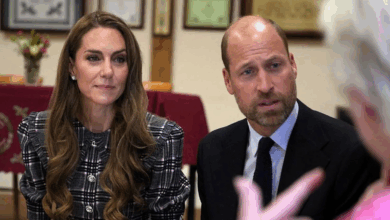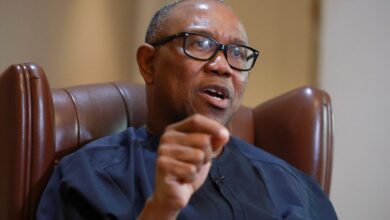ORAL: Legal framework on stay of execution and proof of guilt must change – Domelevo


Former Auditor-General and member of the Operation Recover all Loot (ORAL) committee, Daniel Yao Domelevo, has called for urgent reforms in Ghana’s legal system to speed up corruption and economic crime cases.
Speaking on JoyNews’ Newsfile on Saturday, October 25, during a discussion on “ORAL and OSP Chasing Billions of Loot”, Mr Domelevo said the current legal framework makes it difficult for corruption cases to be concluded quickly and fairly.
“My worry is not about the speed of going into the courtroom. My worry is about when we arrive at the courtroom, what’s next? From my point of view, there are things which must change, or the legal framework must change, to facilitate the early completion of these cases.”
He proposed that Ghana introduce laws that set time limits for the trial of corruption, economic and organised crime cases, saying such a move would prevent unnecessary delays that weaken justice delivery.
Mr Domelevo cited Nigeria as an example, explaining that its laws prevent the suspension of court proceedings once a criminal trial begins.
“I take courage from the Supreme Court of Nigeria. Based on section 306 of their Administration of Criminal Justice Act and section 40 of their Economic and Financial Crimes Commission Act, there is no stay of proceedings. You are allowed to appeal during the hearing, but the trial continues to the end. If we bring such a practice to Ghana, it will help so that cases do not stay in court for too long.”
The former Auditor-General also expressed concern about the difficulty of proving guilt in corruption-related cases under the current legal standard.
“Proving guilt beyond reasonable doubt that someone stole money, especially in cases of economic crime or corruption, is extremely difficult,” he explained.
“These acts are not done openly or by people who are daft; they are done by very intellectual people with power and influence, who can even sway investigators and prosecutors.”
Mr Domelevo suggested expanding the existing legal principle under Article 286 of the Constitution, which requires public officers to explain unexplained wealth revealed in asset declarations.
“The principle of reversed burden, as stated in Article 286, should be expanded and applied to all corruption and corruption-related cases.
“If your subsequent declaration shows an increase in wealth that does not match your sources of income or gifts, then you have acquired assets contrary to the Constitution.”
He warned that without such reforms, corruption prosecutions will continue to face two major obstacles proving guilt beyond reasonable doubt and the lengthy delays in court proceedings.
“Otherwise, it is going to be difficult. Two things are going to disturb us: how to prove beyond a reasonable doubt in the courtroom, and how long it will take before we come to a closure on a case,” he explained.
DISCLAIMER: The Views, Comments, Opinions, Contributions and Statements made by Readers and Contributors on this platform do not necessarily represent the views or policy of Multimedia Group Limited.
DISCLAIMER: The Views, Comments, Opinions, Contributions and Statements made by Readers and Contributors on this platform do not necessarily represent the views or policy of Multimedia Group Limited.
Source link





